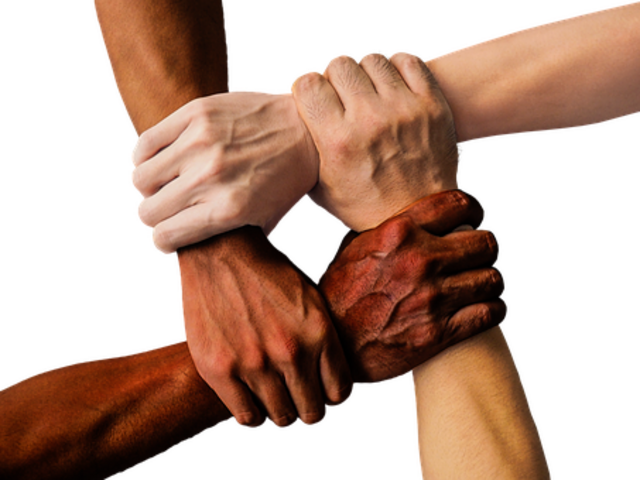
Urban Tribes And Micro-Communities
Urban Tribes And Micro-Communities
Urban tribes and micro-communities are evidence of the continual adaption and diversification of human social interactions. As our world evolves and the traditional view of a family unit becomes challenged, so too does the way in which people connect and form communities. Groups such as hipsters, tech enthusiasts, environmental activists and street artists give individuals a place to establish their identity, form connections and realise cultural expression and innovation.
What Are Urban Tribes?
French sociologist Michel Maffesoli described small groups of individuals bought together by shared interests, beliefs and identities as urban tribes. These are often formed by young individuals whose interests differ to the general mainstream. Urban tribes are a step away from traditional communities which were often based on geographical or family connections. They are characterised as a fluid community of individuals who increasingly live alone but are united by a strong sense of community through passions such as music, fashion, travel, sport and social causes. They delay the usual traditional milestones such as marriage in favour of exploring their own independence and accumulating experiences and are characterised by their unique cultural expression such as individual fashion and language use.
Micro-Communities
Micro communities are another form of social organisation often characterised by more specific and niche interests and exist both online and offline. Through the rise in social media platforms, forums and online groups, communities of globally like-minded individuals with a passion for distinct interests, niche hobbies or professional expertise can connect with each other and share their knowledge.
Roles In Modern Society
In today’s age of digitalisation, globalisation and geographical separation, urban tribes and micro-communities offer a way for individuals to connect and engage. They act as social support systems, providing acceptance and an environment to experiment with individuality and artistic creation. Like-minded peers can exchange ideas and give rise to cultural innovations in areas such as social movements, technology and the arts that have the ability to influence mainstream culture and bring new ideas to the foreground. The fluid nature of these groups allow rapid adaption to new social changes and are usually considered progressors of social evolution.
Challenges And Considerations
While urban tribes and micro-communities offer many benefits to society, some believe these groups bring about social fragmentation and disassociation from modern norms, leading to a weakening of broader social circles and increased division and polarisation in our society. A better understanding of these groups could help to develop strategies to maintain harmonious and sustainable societies while allowing individuals the freedom to express their own individualism.
Oxford Open Learning offer the chance to study Sociology at GCSE and A level. You can click on the links below to find out more, or Contact Us and speak to one of our Student Advisers.